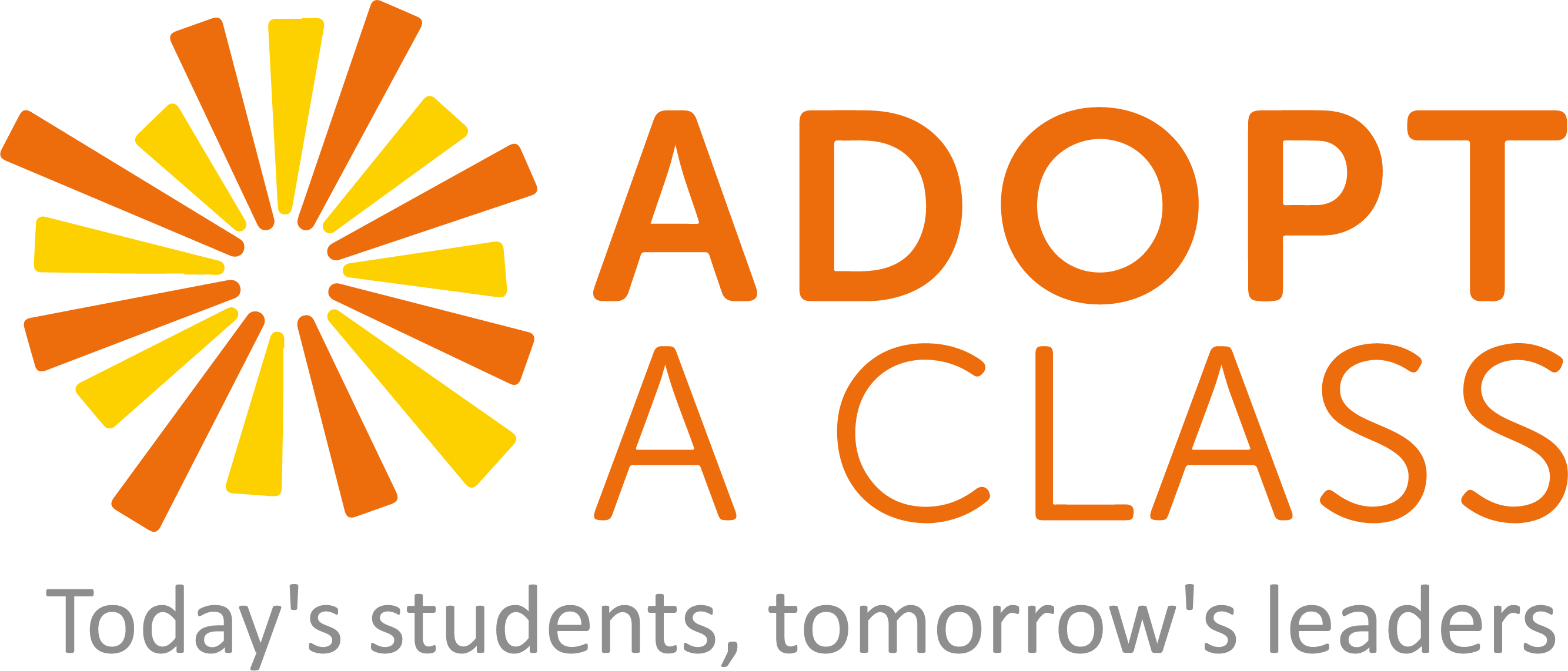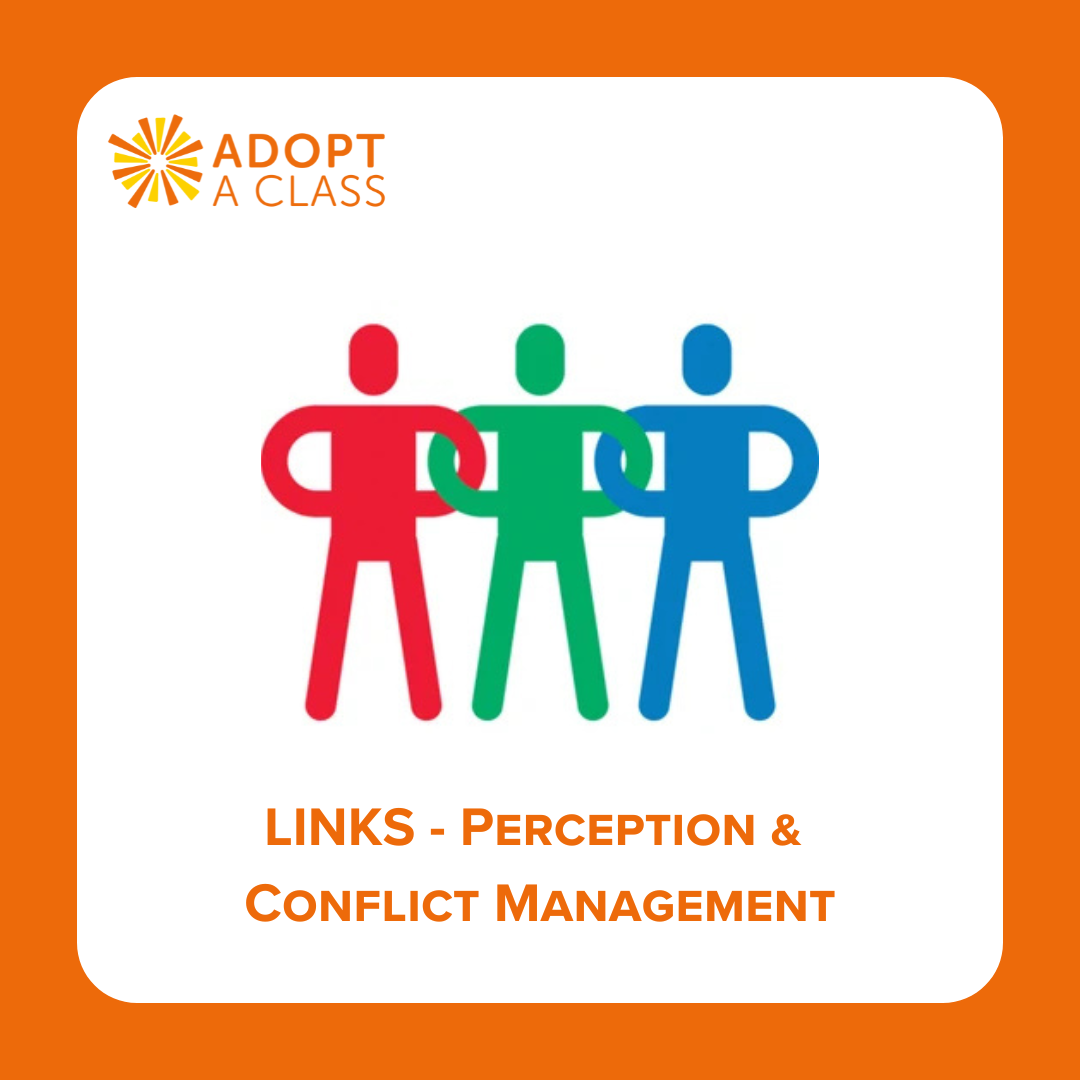Materials: I-Statements (3rd-5th) or I-Statements (6th-8th).
Instructions:
1. Based on the CRAMMS lesson by University of Oregon (Conflict Resolution Activities for Middle School Skill-Building), introduce the lesson, LINKS. Explain to students that today they will be learning about how finding commonality between people when it seems like there are none help when forming relationships, building trust and respect, and managing difficult situations or conflicts.
2. Clear enough space in the classroom for Students and Mentors to stand together in a circle, but do not form a circle yet.
- – Tip: Project the I-Statements for your grade level on the teacher’s projector or SmartBoard. This may be helpful for students having a hard time coming up with I-Statements or finding commonalities.
3. Begin the activity by saying your name and a fact about yourself that’s important to you. Then make a “link” by placing your hand on your hip and sticking out your elbow.
- – Have a Mentor be the first to start with a fact about themselves that may surprise students to find they have in common.
- – EX: I’m Avery and I am an older brother.
4. After the first person makes their I-Statement, someone from the class (a Student or Mentor) will link arms with that person, someone who also identifies with the stated fact. They will repeat that fact and add another one, making another “link” with their opposite arm.
5. Repeat this process until everyone in the group has joined the chain. If someone names a fact that nobody else shares, ask him or her to name a different fact about themselves.
- – EX: I’m Kevin and I’m also an older brother. I also play on a sports team.
- – ***NOTE: Once a student has joined the chain, they may not change places.
- – ***NOTE: Only students outside of the chain may form a new link. Finding commonalities may become more difficult as the remaining group dwindles.
6. Once the whole class has joined the chain, ask the two people at either end of the chain to find a commonality and link arms, creating a closed circle.
- – How did this activity make you feel?What did it make you think?
- – What, if anything, surprised you during this activity?
- – What did this activity make you realize about your classmates?Your mentors? What about yourself?
7. After your complete circle is formed, ask students to reflect on the lesson. Was it hard finding things in common? What were some popular things a lot of us had in common? Take a few minutes to discuss.
8. After reflecting on the lesson, ask students to tie this activity in with conflict
management. Ask students to think about how finding commonality between people helps with forming relationships, building trust and respect, etc. How may having commonalities help with managing difficult situations and conflicts?
- – ***TIP: Propose different scenarios that students may find themselves in that would lead to conflict resolution.
- – EX: You’re working on a group project and someone in the group is not doing the work they said they would do when they would do it. How would you manage this situation?
- – EX: You are in the middle of using your classroom’s set of markers when a classmate comes up and takes them from you without asking. How would you manage this situation?
Tips: Start with a mentor from the team and encourage a student to link with them. Use the grade level appropriate LINKS I-Statement provided for this lesson. If students are having a hard time coming up with their I-Statements, project the provided I-Statements on the teacher’s projector or SmartBoard. This lesson may be done as an Icebreaker, or as a full visit. If done as an Icebreaker, take only 5 or 10 minutes to do the LINKS activity so that your team has time for your other activity.
Download LINKS – Perception & Conflict Management Lesson here.



